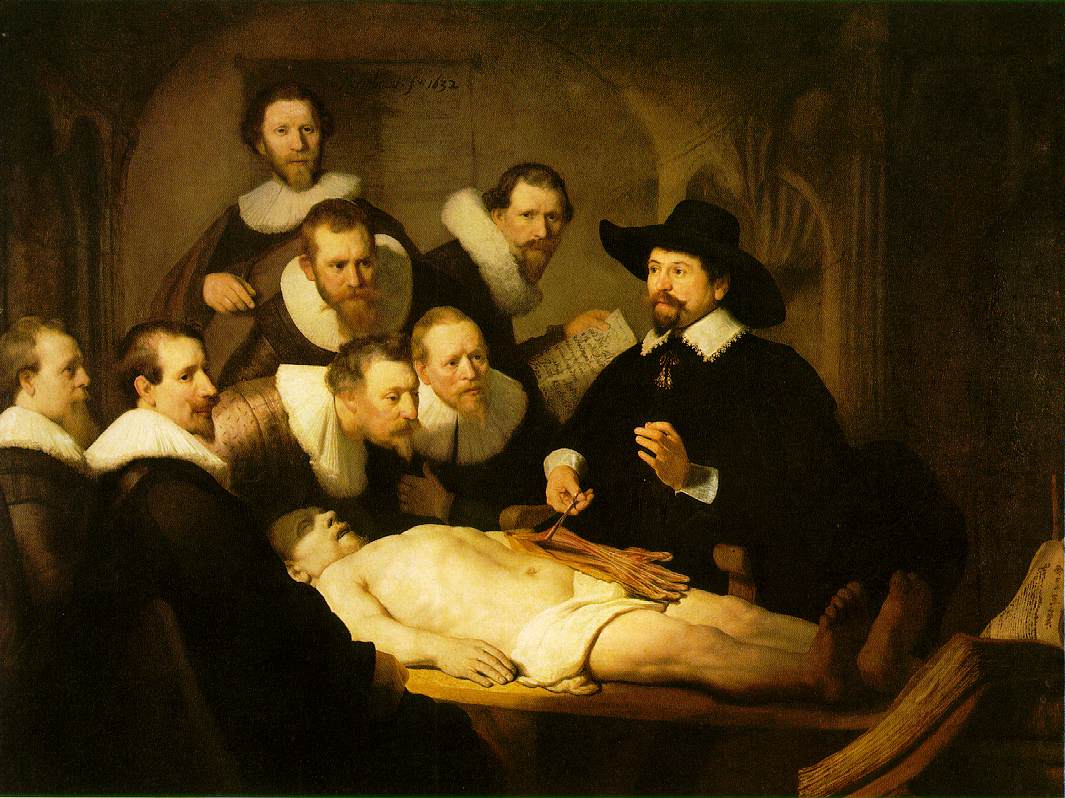 I finished medical school. I've started my residency in "otorhinorlaryngology - head and neck surgery." I put that in quotations because I don't want you at any point prior to the second quotation mark to think that I've stopped telling you the name of my specialty. Of course, I'll rarely use all those words to describe my job. Surgeons like to abbreviate everything (the substantive part of the last note I wrote in a patient's chart read: pt in NAD. Flap viable BRBPP), and nobody knows what an otorhinolaryngologist hyphen head and neck surgeon is anyway. So most folks are just "ENTs" or "ear, nose, and throat" surgeons.
I finished medical school. I've started my residency in "otorhinorlaryngology - head and neck surgery." I put that in quotations because I don't want you at any point prior to the second quotation mark to think that I've stopped telling you the name of my specialty. Of course, I'll rarely use all those words to describe my job. Surgeons like to abbreviate everything (the substantive part of the last note I wrote in a patient's chart read: pt in NAD. Flap viable BRBPP), and nobody knows what an otorhinolaryngologist hyphen head and neck surgeon is anyway. So most folks are just "ENTs" or "ear, nose, and throat" surgeons. For now, though, I long for the problem of trying to pronounce my job title. I'll have no such difficulty this year. This year, I'm "the intern." When I'm introduced to the team, I'm "the intern." Instructions are given to "the intern." Pages are returned by "the intern." Supplies are carried in the bulging pockets of "the intern." And, most importantly, any mistake made by any team member that can plausibly be attributed to someone else, were made by "the intern."
For this month, at least, I'm the intern on the ENT service. So the team goes pretty easy on me. Sure, my scrub pants sag under the weight of 3 constantly buzzing and beeping pagers, and my pockets are swollen with the entire contents of any given hospital supply closet, but the residents have some vested interest in seeing me learn how to manage patients competently. I'm told that the experience of being an intern is very different on, say, the vascular surgery service which is run by general surgery residents. The vascular guys will never work with me after my month on their service. In that setting, the senior residents benefit only from running the intern into the ground, getting the most work out of him before he leaves for some other team. This is to say nothing of the NATURE of the work on the vascular surgery service. I won't go into too much detail, but you can probably imagine the sights and smells associated with the skin of a diabetic foot that doesn't have enough blood getting to it.
Would you want to change that bandage and examine the festering foot hole underneath a dozen times a day? Neither would I. Let's call the intern.
